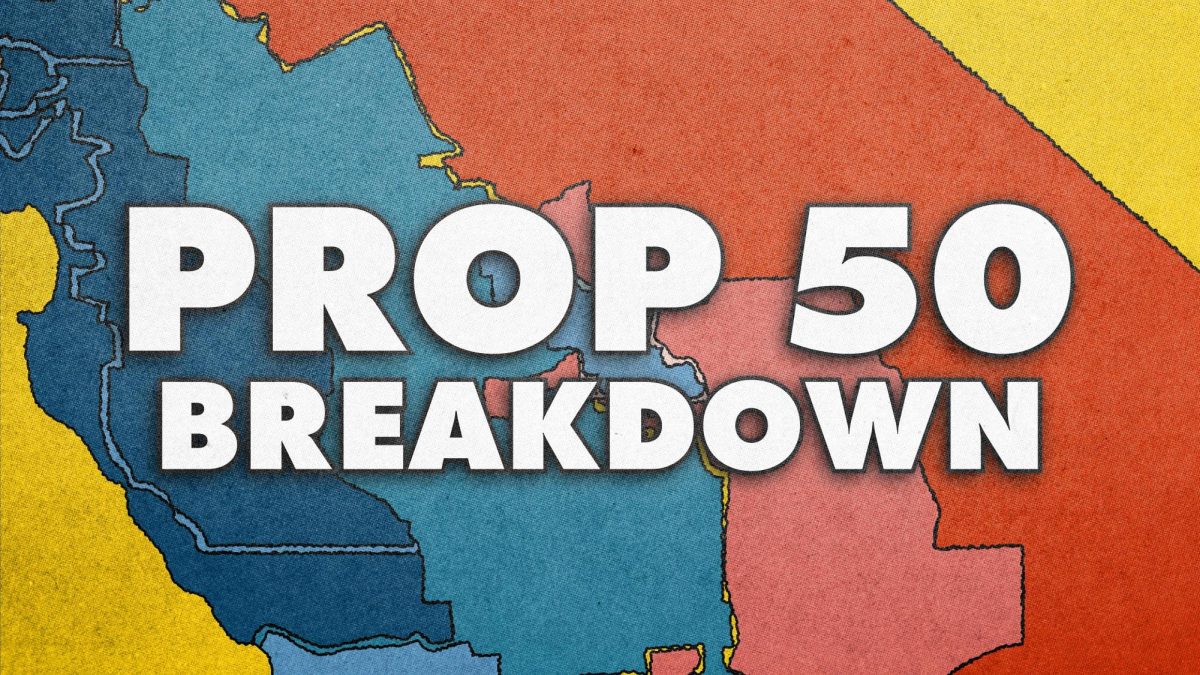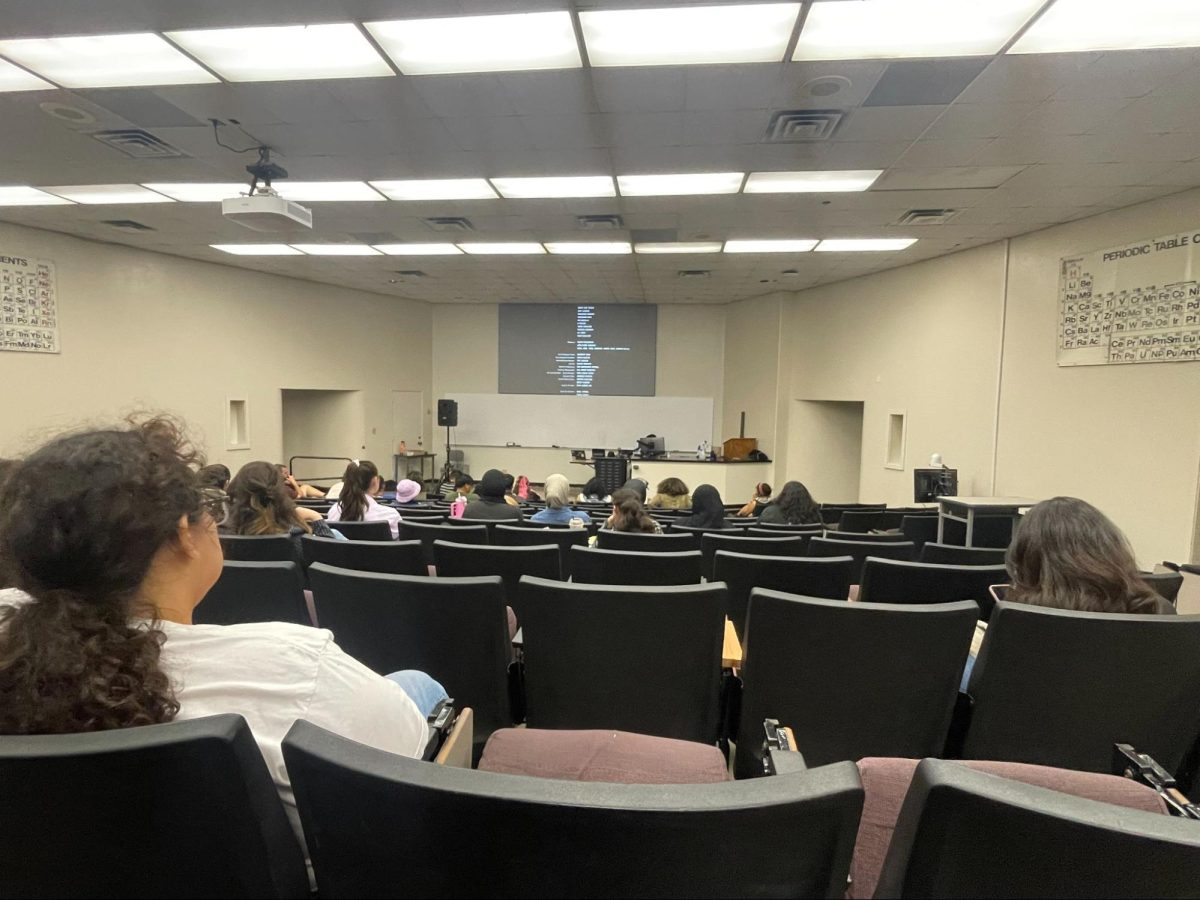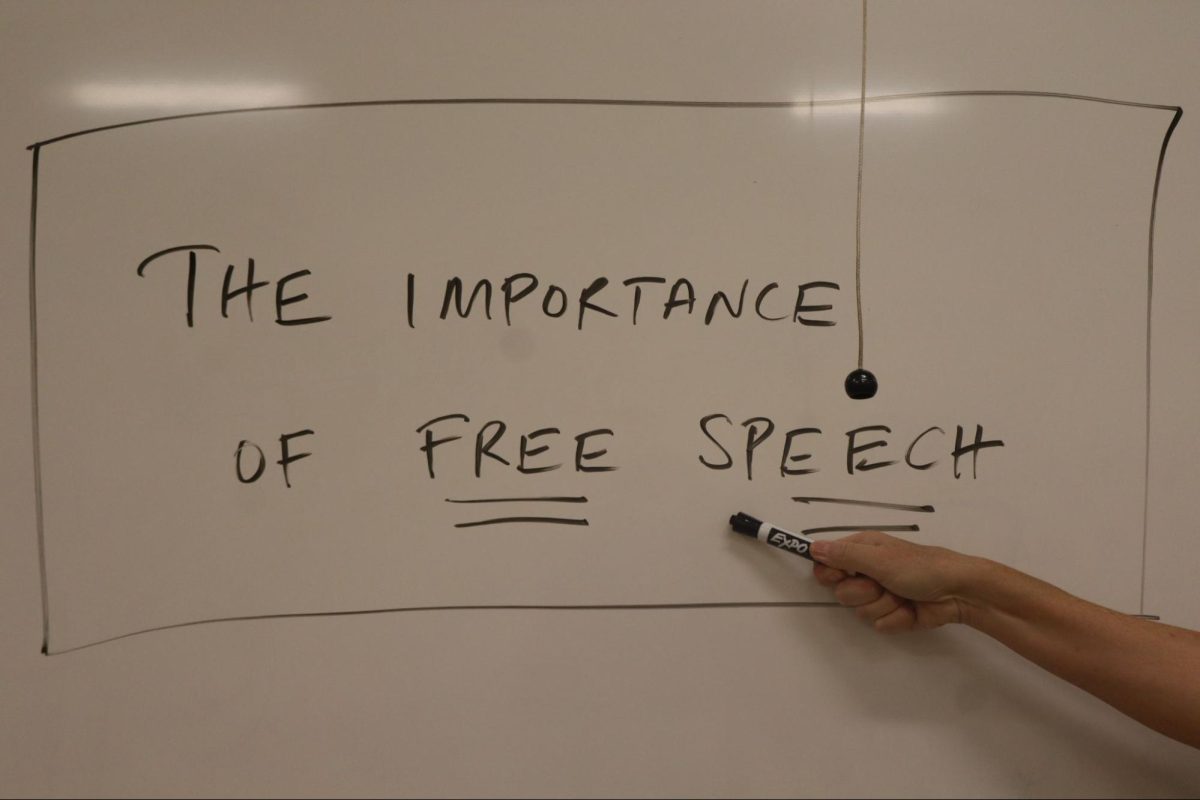1. Save Your Receipts
For the next month save all your receipts from a purchase of gum, to a purchase of a laptop. At the end of the month tally up all the receipts. This will expose your evil ways of spending and help you make better decisions, says Farnoosh Torabi, a contributor to Yahoo! Finance and the host of Yahoo’s Financially Fit. She recommends Bundle, a free app and website that helps you keep tabs on your expenses if saving the receipts is too much of a hassle.
2. Cut Back on Book Spending
Oh, what a sad day it is, when half of your paycheck goes straight to book purchases your professor forces you to buy. Try searching on Amazon.com for books, which are significantly cheaper. Although Amazon.com may not have the exact version of a book, look for the “international” edition to avoid spending more money. It’s practically the same, and when the semester is over, you can return the book back for some cash back. It’s easy to go to the school bookstore and purchase your brand new books, but let that be your last resort. If you can, try to buy a “used” book. New or used, return the book back to the bookstore at the end of the semester for some extra cash. If you’re really lucky, ask around to see if you can borrow the book you’re looking for from someone, or even buy it for cheap.
3. Coffee, Coffee, Coffee
No, this is not where I say cut back on coffee. (Who in their right mind would do that?) Rather, stop buying it by the cup every morning. Unless your best friend works at Starbucks and gladly gives you free coffee, make your own. The average cup of plain coffee is about $3.00 according to Statisticbrain.com. We’ll be generous here, and say you don’t go buy your Starbuck’s coffee every morning, and the baristas definitely don’t have your order memorized. Consider this: You buy your average cup of coffee, four days a week. There are four weeks in a month, so four days a week, would add up to about 16 days of you buying your coffee. Multiply 16 and three, and it comes out to a whopping $48. That’s almost $50 you could have saved, or spent buying a bag of coffee to brew at home.
4. Milk it
If you live with your parents, don’t move out. Yes, all your friends may seem so sophisticated with their own apartments and roommates, but moving out is expensive. Unless your parents are paying for rent, stay at home and save the extra cash. Even if you have a job to pay for rent, wouldn’t you want to save all that cash and potentially buy your own house when you graduate? Think of it like this: college kids that move out are passing up on something that’s free. If your parents are willing to let you live in their house, milk it for all it’s worth. By moving out, you’re spending money you don’t have to. Shampoo – $3.00, toothpaste – $5.00, average rent – $600. Automatically getting all these things (not to mention the most important one of them all – free food.
5. Cut Back on Eating Out
No, you don’t have to go out to dinner. Packing a lunch to take for school will save you money and time. There are occasional times where eating out is fine, like someones birthday or little get together. Instead of buying your own meal, share it. A few years ago, Lisa Young, a nutrition professor at New York University, measured food in restaurants and found that portions were far larger than the recommended servings. In other words, sharing a meal insures you will not die of starvation if that’s what you’re concerned of. Being a vegetarian, it is hard to convince someone to share a meal with me though. That’s ok because leftovers are a beautiful thing, so take them home.
6. Impulse Buying
No, you don’t have to have that new shirt. Those $100 pair of Nike shoes you bought a few months back are just fine. It’s OK to treat yourself from time to time, but there’s a difference between that and impulse buying. Be stronger than me and resist the urge to buy that “insert name of object you don’t need here”. Next time you want to buy something, hold off on it for a week. After a week, ask yourself if you still really want to buy it.
7. Buy in Bulk
Instead of buying a can of Red Bull for $2.99, start buying in bulk and save money. A 24 pack of Red Bull costs $39.06 at Costco. If you bought 24 individual cans of Redbull, it would come out to about $75. That’s nearly $36 you could have saved.
8. Recycle
Don’t recycle to save the earth, recycle for the money. Remember all of those Red Bull cans you’re going to buy? Recycle all of them for extra cash.
9. Save Your Change
A penny saved is a penny earned. Recently I cleaned (OK, my mom cleaned) out my car. She told me some spare change was lying around, and she put it in a ziplock baggy for me. I cashed it in and had a little over $15 handed back to me. Start saving change in a spare jar, you’d be surprised to how much it adds up to.
10. Weeknight/Weekday Outings
You’re going to have to say goodbye…well not completely, just cut back a little. Next time your friends want to go to Karaoke night, try suggesting a free movie night at your house instead. If you go out on the weekends, leave your card at home. Bring a realistic amount of money with you in cash, so you’re not tempted to overspend.






